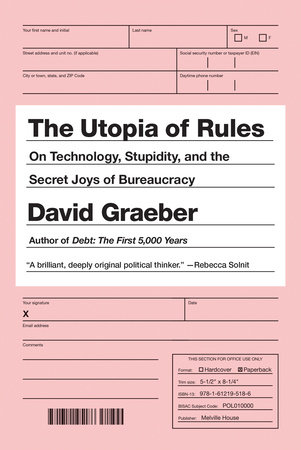One of the wonderful things about East Bay Booksellers is that the books they put on display by the cash register tend to be small press gems rather than those books you buy as a gift because they’re “cute” that no one ever reads.
Case in point: a book called Anarchy—In a Manner of Speaking, which is a set of conversations by the late (and great) David Graeber with Mehdi Belhaj Kacem, Nika Dubrovsky, and Assia Turquier-Zauberman.
I was in the store picking up something else, saw it for the third time, and decided I needed to have it. I came home and started reading and bam! There on the second page was something that I needed to know, even though I hadn’t realized it: the importance of dialogue — real dialogue — among people in both understanding the world and creating better systems.
Graeber ties anarchist practice to dialogue, in particular “a certain principle of dialogue.” He explains:
[T]here’s a lot of attention paid to learning how to make pragmatic, cooperative decisions with people who have fundamentally different understandings of the world, without actually trying to convert them to your particular point of view.
That alone connected two discrete parts of my life: developing co-ops and training in Aikido. In both of those activities, it is vital to have that kind of dialogue to accomplish anything.
In Aikido, of course, we have that dialogue physically, but it is the same thing. Your partner attacks and you have an exchange that will resolve the situation. If you handle it well, the situation shifts without harm to either party.
I’ve found over the years that bullying people until they agree to your point of view never works. Even if you get agreement in the short term, there’s a good chance of losing it. In Aikido, if you try to force a solution, you’re not going to get anywhere.


 The anthropologist and anarchist activist David Graeber died September 2 at the age of 59. For those of us who loved the way his books and essays opened up our minds and made us look at the world in a different way, his death was a terrible loss.
The anthropologist and anarchist activist David Graeber died September 2 at the age of 59. For those of us who loved the way his books and essays opened up our minds and made us look at the world in a different way, his death was a terrible loss.